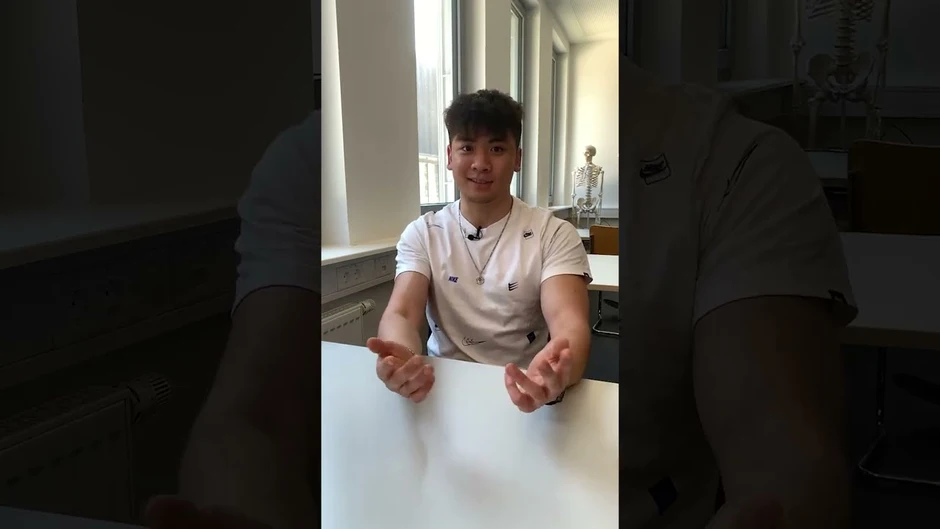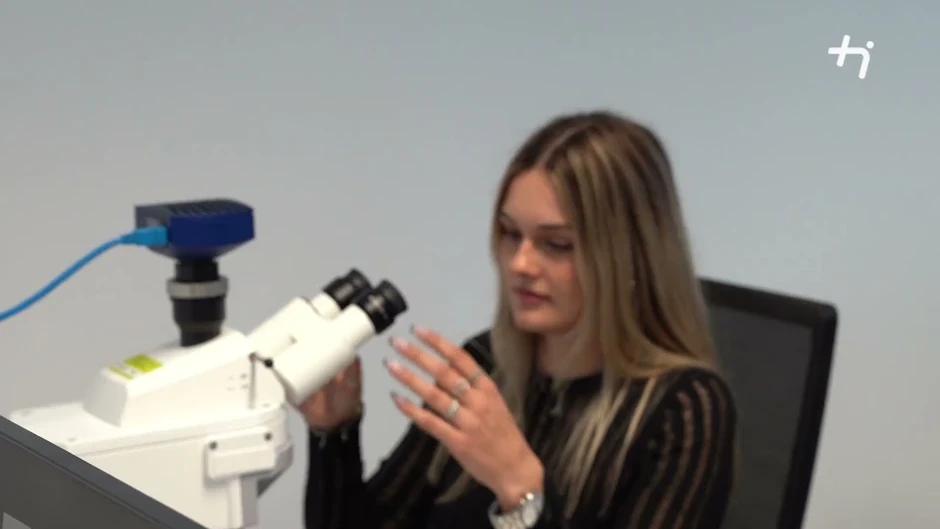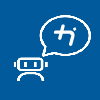The focus of computational life sciences and medical informatics is human health. Digitalisation and informatics play a crucial role by automating processes, analysing data and simulating biological processes to make them understandable. A deep understanding of biological and medical aspects as well as informatics skills are important factors for success.
Please note: This program is taught in German.

![[Translate to English:] Medizininformatiker bei der Arbeit](/fileadmin/_processed_/c/f/csm_BIMI_iStock-1050311464_e09dc668b6.webp)





![[Translate to English:] Logo Akkreditierungsrat: Systemakkreditiert](/fileadmin/_processed_/2/8/csm_AR-Siegel_Systemakkreditierung_bc4ea3377d.webp)








![[Translate to English:] Logo IHK Ausbildungsbetrieb 2023](/fileadmin/_processed_/6/0/csm_IHK_Ausbildungsbetrieb_digital_2023_6850f47537.webp)



